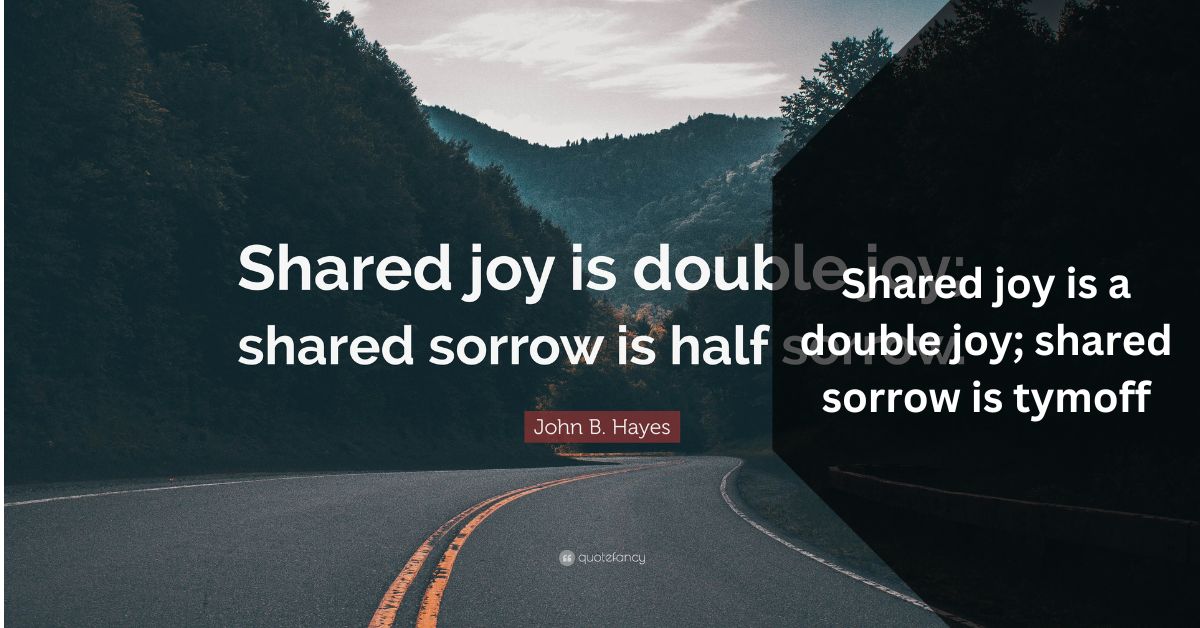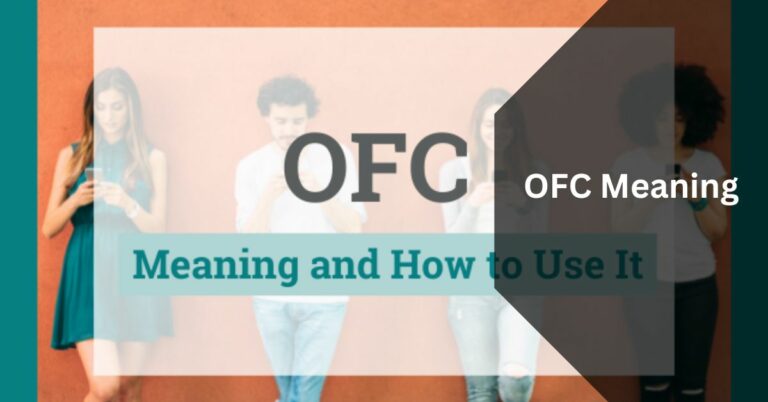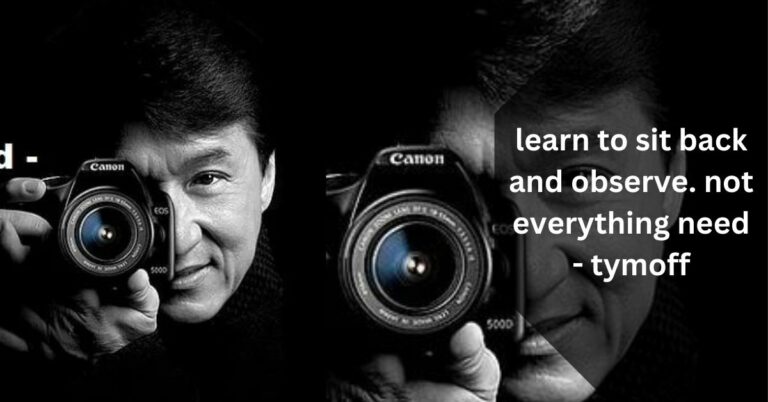Have you ever shared a piece of good news with someone and felt the joy double in intensity? Or perhaps confided in a friend during a difficult time and found their empathy easing the burden?
There’s an undeniable truth in the old proverb, “Shared joy is a double joy; shared sorrow is half the sorrow.”
Let’s explore the psychology behind this phenomenon and discover the power of connection in both our happiest and darkest moments.
The Amplification of Joy:
Sharing our relation with loved ones acts as a mirror, reflecting and amplifying our positive emotions.
Their smiles, laughter, and genuine excitement feed back into our own experience, creating a virtuous cycle of joy.
It’s as if celebrating together allows us to savor the moment twice, once through our own lens and again through the eyes of those we care about.
This phenomenon can be explained by the release of the neurotransmitter dopamine, associated with pleasure and reward.
When we share our happiness with others, their own dopamine levels increase in response, creating a shared neural reward system.
This biological feedback loop fuels the feeling of double joy, making us feel even more connected and grateful for the positive experience.
The Shared Burden of Sorrow:
While sharing joy amplifies it, sharing sorrow does not magically erase it. However, it can significantly lighten the emotional load in several ways.
Firstly, expressing our pain to someone who understands and empathizes validates our experience.
Feeling heard and seen in our vulnerability offers a sense of solace and reduces the isolating sting of grief.
Secondly, sharing our burdens allows others to offer support, be it a listening ear, a shoulder to cry on, or practical assistance.
This tangible support eases the burden of coping alone and reminds us that we are not facing our challenges in isolation.
Finally, sharing our sorrows can foster deeper connections with others who might have faced similar struggles, creating a sense of shared humanity and understanding.
Read: Build Insane Triceps By Doing Skull Crushers – Laz – Tymoff
Beyond the saying
The sentiment captured in the proverb extends beyond simple emotions. Sharing our successes, accomplishments, and even mundane daily experiences can enrich our lives and strengthen our relationships.
Conversely, offering a listening ear and empathetic support during difficult times can have a profound impact on someone’s well-being.
Moreover,human connection is a powerful tool for navigating both the peaks and valleys of life.
Whether sharing joyous news or confiding in a friend during a time of hardship, remember that connection itself can be a source of strength and comfort.
So, reach out, share your experiences, and embrace the double joy of shared happiness and the lighter burden of shared sorrow.
Role of empathy
Empathy, the ability to understand and share the feelings of another, is more than just a virtue; it’s a cornerstone of human connection and a driving force behind countless positive interactions.
By stepping into another’s shoes, we build deeper connections, fostering trust and understanding. It fosters compassion, allowing us to forgive, support, and celebrate alongside others.
Empathy guides our words and actions, helping us navigate difficult conversations and express ourselves with sensitivity. It ensures clear and effective communication, minimizing misunderstandings and conflict.
Recognizing and responding to the emotions of others strengthens our own emotional intelligence. We learn to manage our own reactions and develop healthy coping mechanisms, leading to greater resilience and personal growth.
Shared experiences and common ground fosters a sense of unity and belonging. It encourages cooperation and collaboration, breaking down barriers and building bridges between individuals and communities.
Moreover,By understanding the perspectives of others, we are better equipped to address social issues, advocate for the marginalized, and work towards a more just and equitable society.
Empathy motivates us to act on behalf of others, driving social activism and creating a ripple effect of positive change. It fuels acts of kindness, generosity, and selflessness, making the world a better place for all.
However, cultivating empathy requires conscious effort. We can actively develop our empathic abilities through:
- Pay close attention to both verbal and nonverbal cues, seeking to understand the emotional undercurrents of communication.
- Challenge our own biases and perspectives, and strive to see the world through the eyes of others.
- Choose your words and actions with care, considering the impact they might have on the other person’s feelings.
- Engaging in activities together can build empathy and understanding, fostering connection and shared perspectives.
Read: i’m feeling doodly – Complete Information
FAQS
1 – How does shared joy turn into a “double joy”?
Shared joy doubled through mirrored happiness: your spark ignites theirs, bouncing back to fuel your own celebration, creating a joyous feedback loop.
2 – What is the meaning of “tymoff” with regards to shared sorrow?
While “tymoff” lacks a defined meaning, it likely suggests “silencing” or “muting” sorrow. Sharing burdens often eases them, like letting off steam, hence “half the sorrow” through expressing and connecting.
3 – How does the idea of shared joy and sorrow influence connections?
Joy amplifies when echoed, weaving bonds of shared laughter. Sorrow lightens when lifted, forging connections in shared tears.
Conclusion
The proverb “Shared joy is a double joy; shared sorrow is half the sorrow” holds profound truth. Sharing our emotions, both positive and negative, allows us to connect with others on a deeper level, amplify our joy, and lighten the burden of our sorrows.
Let’s embrace the power of connection and build resilient communities where shared experiences, both joyful and sorrowful, weave the threads of a richer and more meaningful human tapestry.
Read More:






















+ There are no comments
Add yours